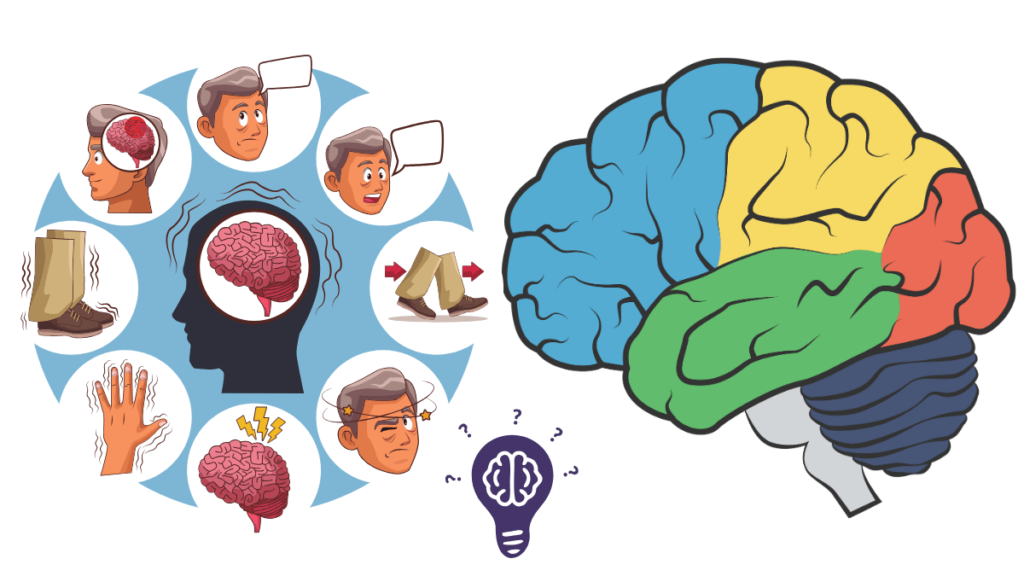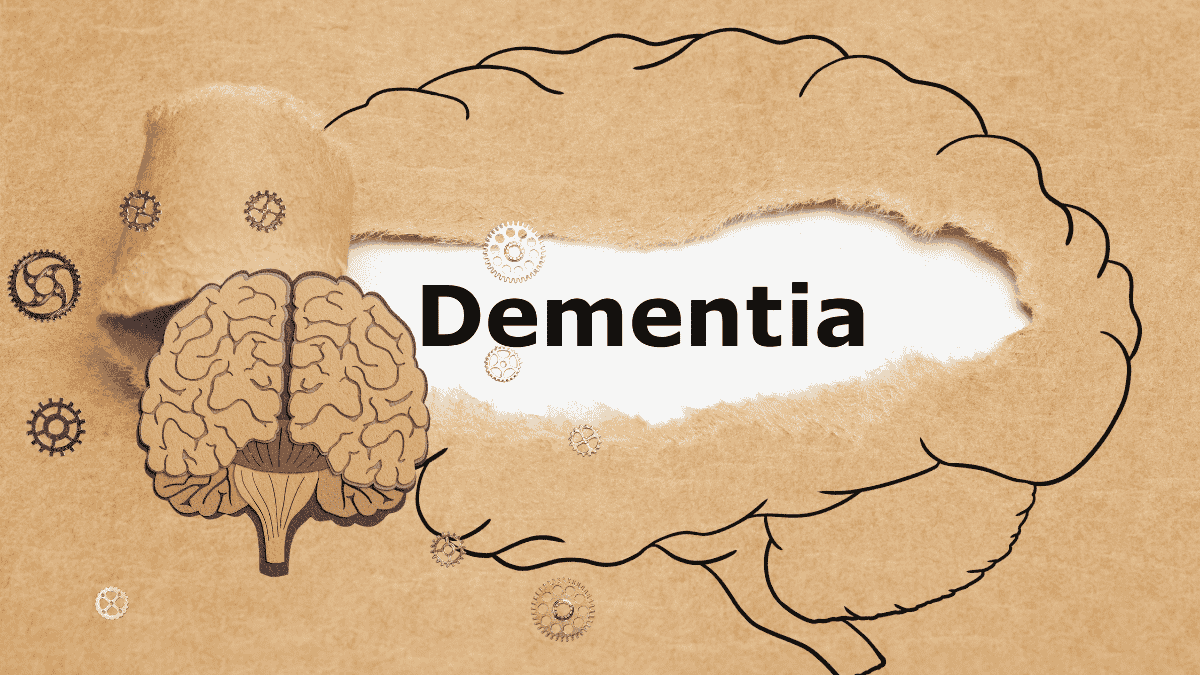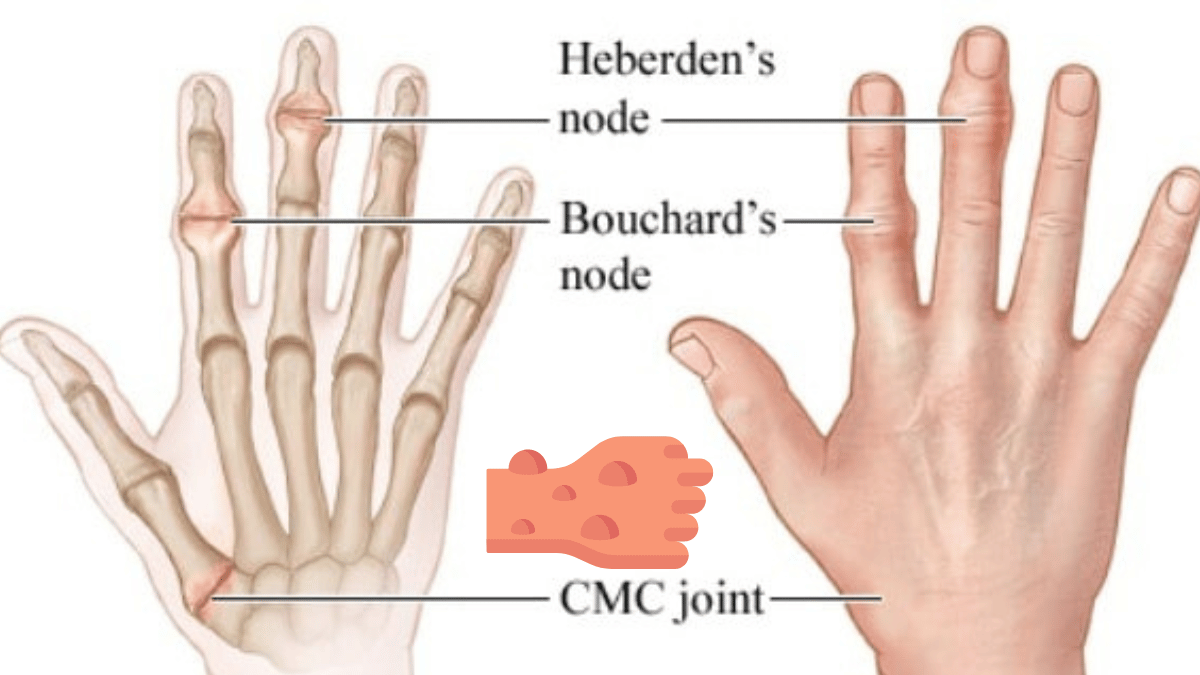What is Dementia?
Definition and Overview
Dementia is a broad term that refers to a decline in cognitive function that is severe enough to interfere with daily life. It includes various symptoms that impact memory, thinking, and social skills. Unlike a specific disease, dementia is a collection of symptoms that result from various underlying conditions.
People with dementia may struggle to remember important information, communicate effectively, or perform everyday tasks, leading to significant emotional and physical challenges.
Types of Dementia
There are several types of dementia, each with its own distinct causes and symptoms. Alzheimer’s disease is the most common form and is characterized by memory loss and cognitive decline due to the death of brain cells. Vascular dementia follows closely behind, often caused by strokes or reduced blood flow to the brain, leading to difficulties with reasoning and judgment.
Another type, Lewy body dementia, involves abnormal protein deposits in the brain, which can result in visual hallucinations, movement issues, and fluctuations in cognitive abilities. Frontotemporal dementia affects the frontal and temporal lobes, impacting personality, behavior, and language skills.
Additionally, some individuals may experience mixed dementia, which combines elements of different types, particularly in older adults. Other less common forms include dementia associated with Parkinson’s disease and Creutzfeldt-Jakob disease.
Causes and Risk Factors
Genetic Factors
Genetic factors play a significant role in the development of dementia. Certain genes have been linked to an increased risk of specific types of dementia, particularly Alzheimer’s disease.
For instance, the presence of the APOE-e4 allele is associated with a higher likelihood of developing Alzheimer’s. While genetics can influence risk, it’s important to note that having a family history of dementia does not guarantee that an individual will develop the condition; rather, it increases the probability.
Lifestyle Influences
Lifestyle choices can also impact the risk of developing dementia. Factors such as diet, physical activity, and social engagement are crucial. A balanced diet rich in fruits, vegetables, whole grains, and healthy fats can promote brain health, while regular physical activity is linked to improved cognitive function.
Additionally, staying socially active and mentally engaged—through activities like reading, puzzles, or socializing—can help maintain cognitive resilience. Conversely, unhealthy habits such as smoking, excessive alcohol consumption, and a sedentary lifestyle may elevate the risk of dementia.
Environmental Triggers
Environmental factors can also contribute to the risk of dementia. Exposure to pollutants, toxins, and heavy metals has been studied for its potential link to cognitive decline. Additionally, traumatic brain injuries, such as concussions, can increase the risk of developing dementia later in life. Socioeconomic factors, including access to healthcare and educational opportunities, also play a role, as they can influence overall health and well-being.
Symptoms of Dementia
Early Signs to Watch For
Recognizing the early signs of dementia is crucial for timely intervention and support. Common early indicators include memory lapses, such as forgetting recent conversations or misplacing items frequently. Individuals may also experience difficulty in completing familiar tasks, like following a recipe or managing finances.
Additionally, changes in mood or personality, such as increased anxiety or irritability, can be early warning signs. It’s important for family and friends to remain observant, as these subtle changes can often go unnoticed in the early stages.
Cognitive Symptoms
As dementia progresses, cognitive symptoms become more pronounced. Memory loss continues to worsen, affecting both short-term and long-term recall.
Individuals may struggle with problem-solving, planning, and organizing tasks. Language difficulties can arise, leading to challenges in finding the right words or following conversations.
\ Disorientation regarding time and place may also occur, making it difficult for individuals to recognize familiar surroundings or keep track of dates. These cognitive impairments can significantly impact daily functioning and independence.
Behavioral and Psychological Symptoms
In addition to cognitive decline, dementia can manifest through various behavioral and psychological symptoms. Changes in mood are common, with individuals experiencing depression, anxiety, or agitation. They may exhibit changes in behavior, such as wandering, pacing, or repeating questions.
Hallucinations and delusions can occur, particularly in types like Lewy body dementia. Additionally, apathy—a lack of interest or motivation—can lead to withdrawal from social activities and a decreased engagement in previously enjoyed hobbies.
Understanding these symptoms is vital for caregivers and loved ones, as they can provide insight into the challenges faced by individuals with dementia and help guide appropriate support.
Diagnosis and Assessment
Medical Evaluations
The diagnosis of dementia begins with comprehensive medical evaluations. Healthcare professionals typically conduct a thorough medical history review, including the patient’s symptoms and any relevant family history. Physical examinations may also be performed to assess overall health and identify any underlying conditions.
Blood tests and imaging studies, such as MRI or CT scans, can help rule out other potential causes of cognitive decline, such as vitamin deficiencies, thyroid problems, or brain injuries. This thorough approach is essential for making an accurate diagnosis and determining the appropriate course of action.
Cognitive Testing
Cognitive testing is a critical component of the dementia assessment process. Various standardized tests are used to evaluate memory, attention, problem-solving abilities, and language skills. These assessments help quantify the extent of cognitive impairment and can differentiate between different types of dementia.
Results from cognitive tests provide valuable information to healthcare providers, guiding them in making a diagnosis and developing a treatment plan tailored to the individual’s needs.
Importance of Early Diagnosis
Early diagnosis of dementia is vital for several reasons. Identifying the condition in its initial stages allows for timely intervention, which can help manage symptoms more effectively and improve quality of life.
Early diagnosis also provides individuals and their families with the opportunity to plan for the future, access support services, and make necessary lifestyle changes. Moreover, it can facilitate participation in clinical trials and research studies aimed at better understanding dementia and developing new treatments.
Treatment Options
Medications
Currently, there is no cure for dementia, but various medications can help manage symptoms and slow disease progression. Cholinesterase inhibitors, such as donepezil, rivastigmine, and galantamine, are commonly prescribed for Alzheimer’s disease, as they can help improve memory and cognitive function.

Another medication, memantine, is used to treat moderate to severe Alzheimer’s and can help with daily functioning. It’s important for individuals to work closely with healthcare providers to monitor the effects of these medications and make any necessary adjustments.
Non-Pharmacological Approaches
In addition to medications, non-pharmacological approaches play a crucial role in dementia care. Cognitive stimulation therapy, which involves engaging activities to enhance cognitive abilities, can be beneficial. Maintaining a structured routine can also help provide stability and comfort for individuals with dementia.
Social interaction and engagement in meaningful activities, such as art or music therapy, can significantly improve mood and overall well-being. Caregivers are encouraged to explore various strategies to find the best combination that meets the needs of the individual.
Alternative Therapies
Alternative therapies are increasingly being explored as complementary approaches to managing dementia symptoms. These may include mindfulness practices, yoga, and dietary changes that focus on brain health, such as the Mediterranean diet.
While evidence supporting these therapies varies, many individuals find them helpful in promoting relaxation and reducing anxiety. It’s essential for individuals and caregivers to discuss any alternative therapies with healthcare providers to ensure they align with overall treatment plans and do not interfere with prescribed medications.
This comprehensive understanding of diagnosis, assessment, and treatment options is vital for effectively managing dementia and improving the quality of life for those affected.
Conclusion
In conclusion, dementia is a complex condition that significantly impacts cognitive function and daily living. Understanding its various types, causes, and symptoms is essential for early recognition and timely intervention. A thorough diagnostic process involving medical evaluations and cognitive testing allows healthcare professionals to develop tailored treatment plans.
While there is currently no cure for dementia, a combination of medications, non-pharmacological approaches, and alternative therapies can help manage symptoms and enhance quality of life. Early diagnosis not only provides individuals and families the opportunity to plan for the future but also opens doors to valuable support resources and clinical trials.
FAQs
What is dementia?
Dementia is a decline in cognitive function that affects daily living and memory.
What are the early signs of dementia?
Early signs include memory lapses, difficulty completing familiar tasks, and mood changes.
What types of dementia exist?
Common types include Alzheimer’s disease, vascular dementia, and Lewy body dementia.
How is dementia diagnosed?
Dementia is diagnosed through medical evaluations, cognitive testing, and imaging studies.
What medications are used to treat dementia?
Medications like cholinesterase inhibitors and memantine help manage symptoms of Alzheimer’s disease.
Are there non-pharmacological treatments for dementia?
Yes, cognitive stimulation therapy, structured routines, and social engagement can be beneficial.
Can lifestyle changes reduce the risk of dementia?
Healthy diet, regular exercise, and social interaction can help lower the risk of developing dementia.



